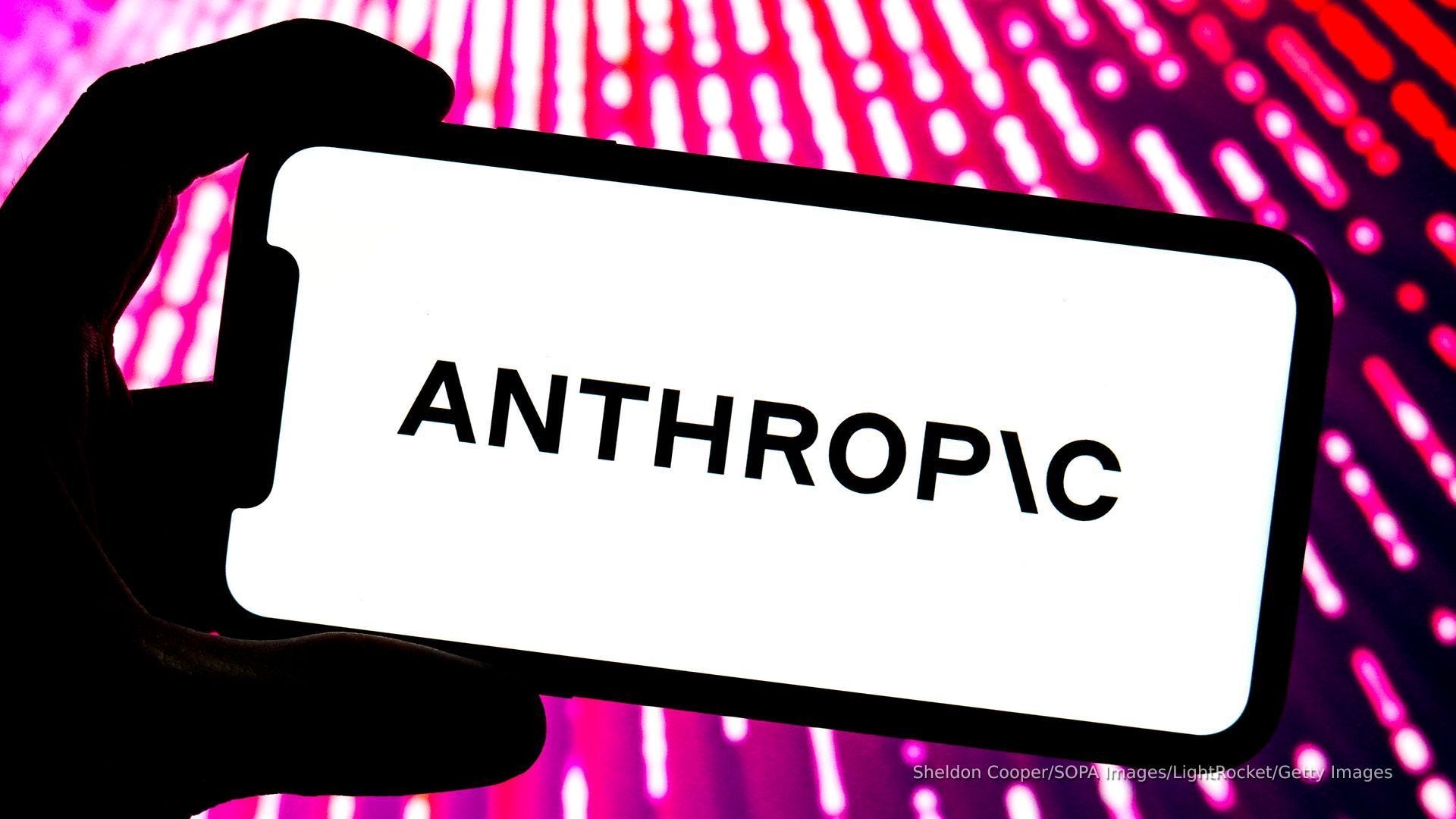
AI company wins fair use challenge over authors
Artificial Intelligence company Anthropic scored a major victory in court that could impact dozens of similar lawsuits.
Straight Arrow News
In the fight of authors vs. artificial intelligence, the book industry’s biggest names are calling on publishers to pledge they’ll never use AI in literary operations.
Seventy authors – including Emily Henry, Colleen Hoover, Ali Hazelwood, R.F. Kuang, E. Lockhart, Kennedy Ryan, Abby Jimenez and Gregory Maguire – urged publishers to promise they would not replace human staff with AI tools or publish books or content written by AI, in an open letter published in LitHub Friday, June 27.
The letter called out the big five publishers – Penguin Random House, Simon & Schuster, Macmillan, Hachette and HarperCollins – directly, as well as “all other publishers of America.”
“AI may give the appearance of understanding our humanity, but the truth is, only a human being can speak to and understand another human being,” the letter reads. “Every time a prompt is entered into AI, the language that bot uses to respond was created in part through the synthesis of art that we, the undersigned, have spent our careers crafting. Taken without our consent, without payment, without even the courtesy of acknowledgment.”
AI backlash in the book community reaches boiling point
Samira Ahmed, one of the signing authors and a founder ofAuthors Against Book Bans, told USA TODAY in a statement Friday that AI is a “direct attack on the very purpose of reading and writing stories.”
“No AI, developed by cynical capitalists, built on stolen words, can ever replace the power of human stories,” Ahmed says.
Titled “Against AI: An Open Letter from Writers to Publishers,” the call-out comes amid an increasingly AI-ridden media landscape. On Sunday, June 22, a federal judge sided with AI company Anthropic when it ruled that developers can train AI models using published books without authors’ consent.
In 2023, The Atlantic published a series of articles on the “Books3” database, a set of almost 200,000 books used without author permission to train generative-AI systems for Meta, Bloomberg and others. This March, the news outlet posted a similar database of pirated books used in Library Genesis.
AI is encroaching on audiobooks as well – in May, first lady Melania Trump announced her memoir would be narrated entirely by an AI voice.
The open letter’s thesis is twofold: stand against AI use in publishing and protect authors whose work is used to train AI outside of the industry. The authors outline seven points they hope publishers will pledge to:
- To not “openly or secretly” publish books written by AI tools that “stole from our authors”
- To not invent new author identities to promote AI-generated books or allow human authors using pseudonyms to publish AI-generated books
- To not use AI systems that have been trained on “stolen work of artists”
- To not replace employees “wholly or partially” with AI
- To not create new positions to oversee AI-produced work
- To not rewrite current employee job descriptions for AI oversight
- To hire only human audiobook narrators
“The writing that AI produces feels cheap because it is cheap. It feels simple because it is simple to produce. That is the whole point. AI is an enormously powerful tool, here to stay, with the capacity for real societal benefits – but the replacement of art and artists isn’t one of them,” the letter reads.
Clare Mulroy is USA TODAY’s Books Reporter, where she covers buzzy releases, chats with authors and dives into the culture of reading. Find her on Instagram, subscribe to our weekly Books newsletter or tell her what you’re reading at cmulroy@usatoday.com.







